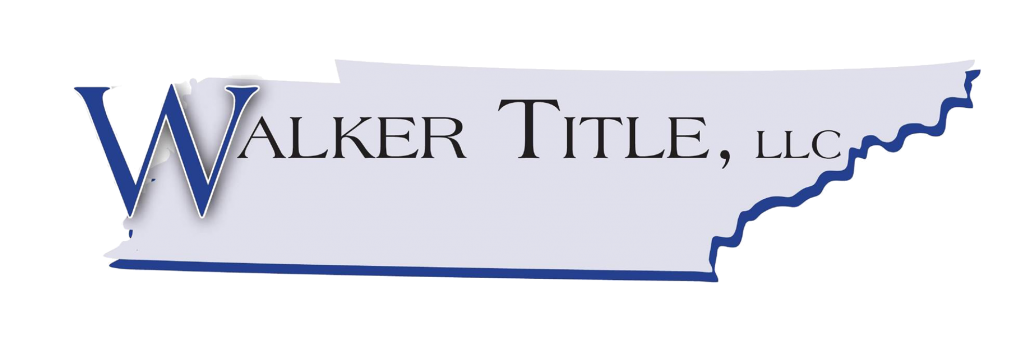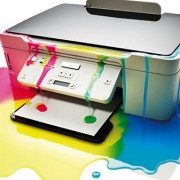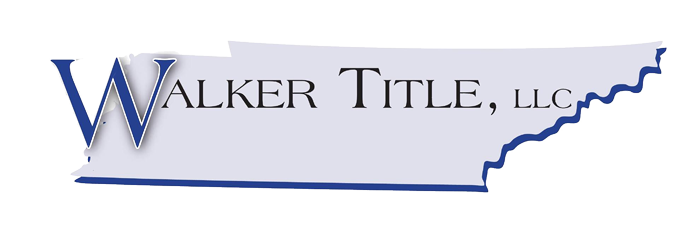More on Cybersecurity: Is Your Copier Protected?
When people think about cybersecurity, they typically imagine sophisticated password encryption and a cautious approach towards suspicious emails. Mundane tools such as copiers and scanners seldom receive more than a passing thought regarding their security in protecting your private information. After all, they are just glorified printers, right?
Wrong. Commercial copiers have evolved into multifunctional devices with many talents: they can print, copy, scan, fax, and email documents. Digital copiers require hard drives to manage all of these functions, particularly the heavy-duty copiers used by businesses. Not all copiers have hard drives, generally copiers intended for personal use do not have them. Every piece of paper that the copier prints, scans, copies, emails, or faxes, gets stored on the hard drive, and therefore can be a point of vulnerability for cyber criminals to exploit. This information can either be stolen by remote access or by removing the hard drive physically and directly accessing the information stored on it. It is not uncommon to lease, return, and resell copiers without erasing all the sensitive information that the hard drives may contain. Copier security should be an integral part of any organization’s cybersecurity policy, particularly proper disposal of the information on the hard drives once the lease expires or if the digital copier is getting replaced.
Manufacturers typically offer data security features such as encryption and overwriting either as features included with the purchase of a copier or that can be bought separately. Encryption is the process of scrambling the data so that particular software could only read it using a secret code. If a digital copier uses encryption, the data on the hard drive will be secure even if it was removed. Overwriting, also known as file shredding, changes certain values on the file to random characters, and then empties the disk space that the document occupied. Overwriting is different, and more secure, than just deleting a file. Deleting does not alter or remove data, it merely changes how the hard drive accesses the information. It can still be restored through a variety of techniques. A third, and more common option, is using a passcode to lock the hard drive. Take advantage of all the security options your copier offers because this device can be compromised just like any other technological tool that stores private data.
Make sure that your lease contract and/or purchase agreement allows your company to keep the hard drive or that the company leasing the copier will overwrite the hard drive when your lease expires. Some companies offer services to remove the hard drive and let you keep it, or they might destroy the hard drive themselves. Ask your IT professional to make sure your digital copier is connected to your network securely and protected against cyber attacks.




